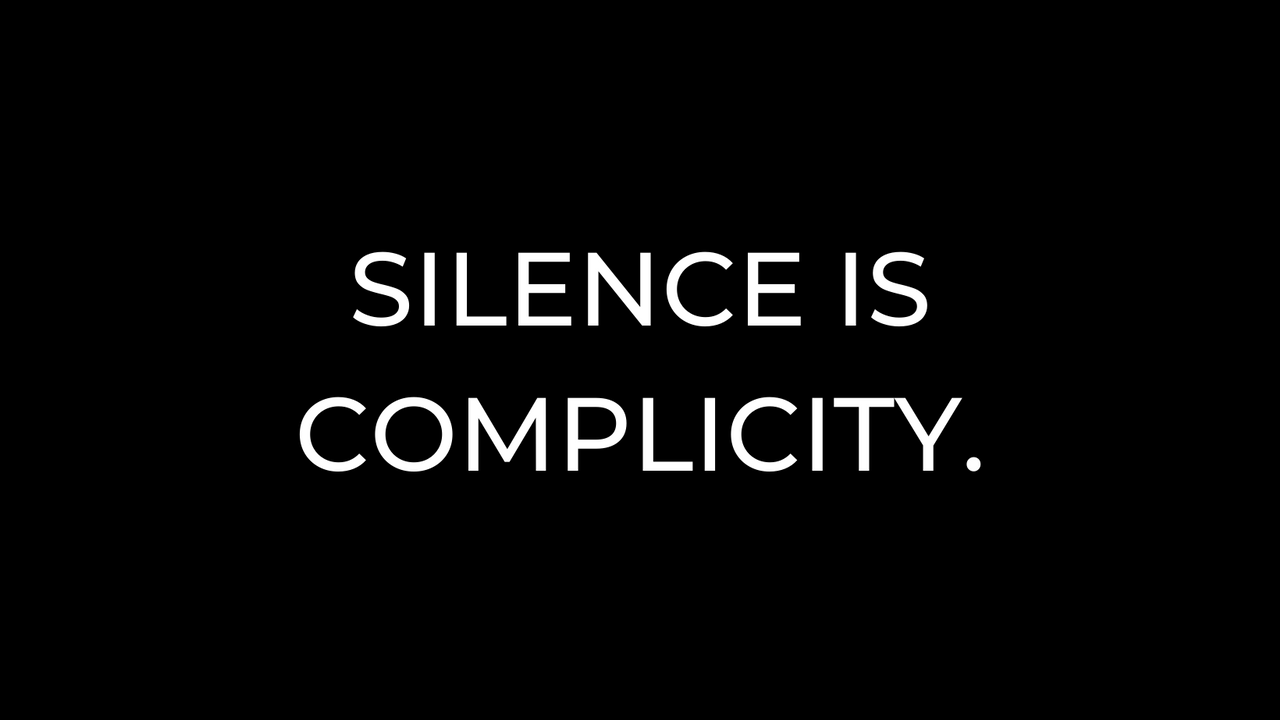People can be in situations, not actively chosen by the individual, where they learn racist behaviors and attitudes. It is my belief that, regardless of where or how we learn about racism, we each have responsibility for identification, acknowledgement and dismantling it. Inherited racism is the term that I use (actually, I think I’m coining it with this post). My definition is informed by my own lenses, my experiences. It is the idea that racial differences produce an inherent superiority of a particular race that is consciously or subconsciously transferred from an authority figure to an individual at early stages of life through adulthood. The individual, who receives prejudiced and/or discriminatory communication from an authority figure may, and often, believes these attitudes are appropriate. It is important for individual growth and development to identify what attitudes have permeated your upbringing and make an effort to identify, evaluate, and dismantle them.
Growing up, I was influenced by many adults in my life. When it came to understanding race, I saw the adults as “evolved” or “not evolved”. With age, I began to recognize how each adult is a mixed bag, evolved in certain ways and not in others. Sometimes learning about a role model’s shortcomings was really devastating. I distinctly remember my shock when a family member told me they were discouraged by another family member from entering into a romantic relationship with a Person of Color. In my teen years, I started to question how overt racism and racist nuances affected my upbringing. I started to think about racism from two powerful influencers: 1) what I’ve inherited by being born as a white person and 2) factors in my own environment over which I have agency. Before I elaborate on the first influencer, I want to address some points that help frame why understanding inherited racism is so critical and often challenging.
I’ve heard white acquaintances and friends use ugly words; earnestly tell me that their white ancestors suffered on equal par as their Black counterparts and that they are absolved of any blame for racially-fuelled inequities in our society because “they didn’t do anything”. Nothing I said could convince them otherwise. For too many of the white allies out there, we hear this stuff and feel frustrated and angry. No, I did not personally enslave someone, but yes it is my human responsibility to help dismantle this hurtful legacy. So yes, white people automatically have this responsibility regardless of what we did or or did not do.
I like the way Alexis Ohanian spoke about racism being more like a spectrum instead of a binary state. He conveyed that humans cannot leave the spectrum, but rather, slowly over the course of our lives work toward the “shallow end” as much as possible. He helped illustrate that racism does not fall cleanly into only one category, “yes I’m a racist or no I am not”. This message is important because many white people grow up hearing the binary message without much explanation or follow up, and as a result are less capable of navigating the spectrum with the kind of intention outlined by Ohanian.
Like many other white people, I’ve heard family stories ranging from those that make me intensely proud to those that make me embarrassed and ashamed. I’ve learned that it is okay to experience a range of emotions while I sift through my feelings, always cautious not to fall into white guilt. Racism intertwined with my inheritance is not about me and how bad I feel. Putting the spotlight on how bad I feel would center on whiteness, the opposite of what allies do– focusing attention and support toward communities of color and other underrepresented groups.
For white people–and for me in particular–my first act as an ally was, and continually is, coming to terms with my inheritance and all of the privileges associated with it. When you ignore your inheritance, it is easier to become desensitized and detached from the realities of others. Do not let that happen. Take steps to process the actions of your family members/authority figures and the corresponding lessons that come with them. What can you learn from them? Here are four immediate steps to understanding your inheritance:
- Start to journal. Journaling is a very effective way of sorting out thoughts and coming to your own conclusions. It is also a great way to track your process over time and identify patterns of thought.
- Search family historical records and build historical and cultural context for yourself. This kind of research makes understanding culture and the power dynamics within and between culture, more understandable and personal.
- Ask people in your family--if you have open, safe relationships,--questions to help you learn directly from them about their experiences, and potentially where biases or prejudices originated. There’s no need to automatically judge. First, understand.
- Find an accountability partner, a person with whom you can discuss your thoughts including what you’re learning about yourself and how you want to show up differently as part of your journey.
I encourage you to think about your inherited racism this week and into the future. Remember, this is an ongoing process. Stay tuned for my next blog post where I'll go into these steps a bit more and introduce new options for doing your own work. Until next then, strive to be brave, honest, and kind.

